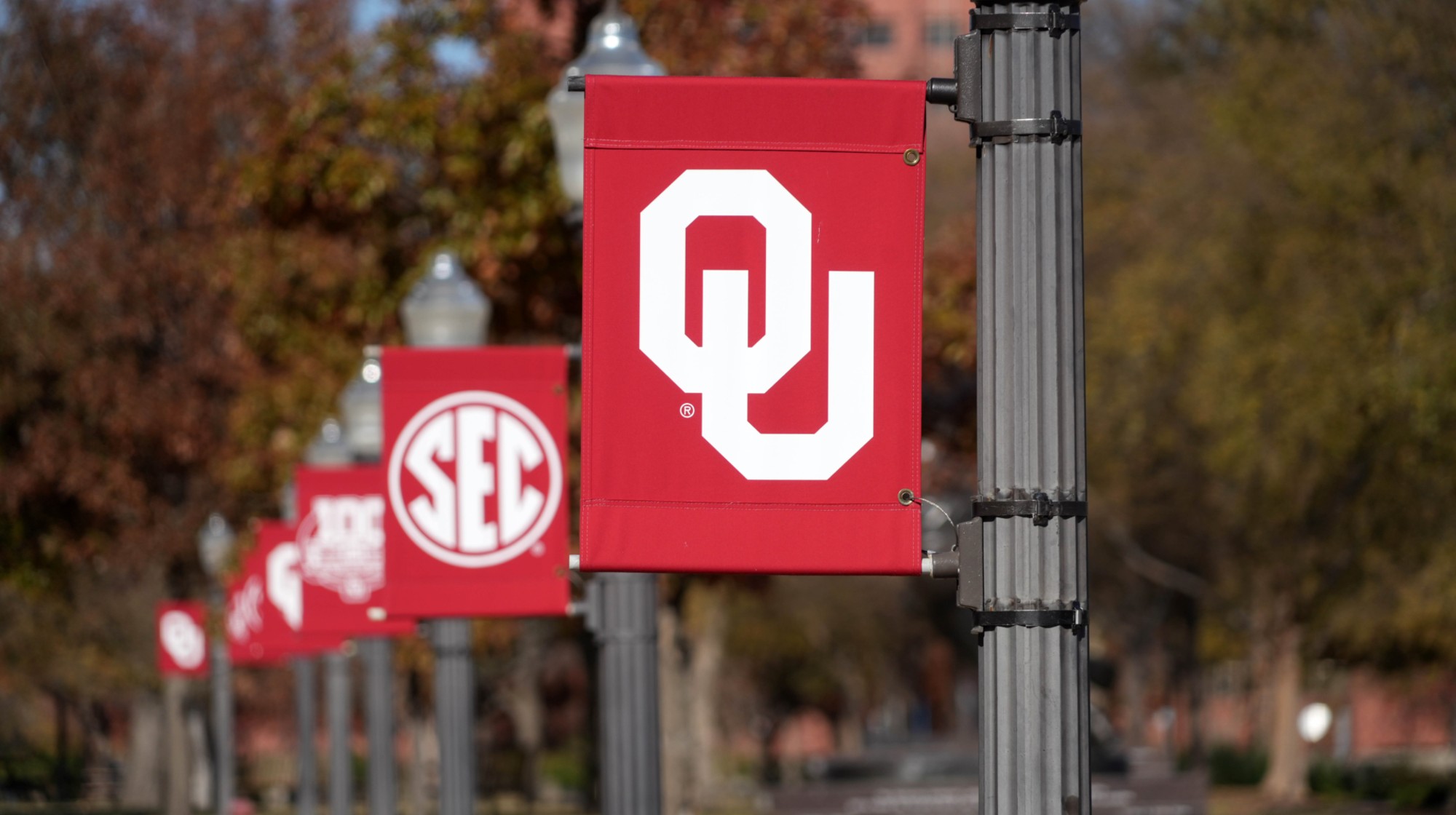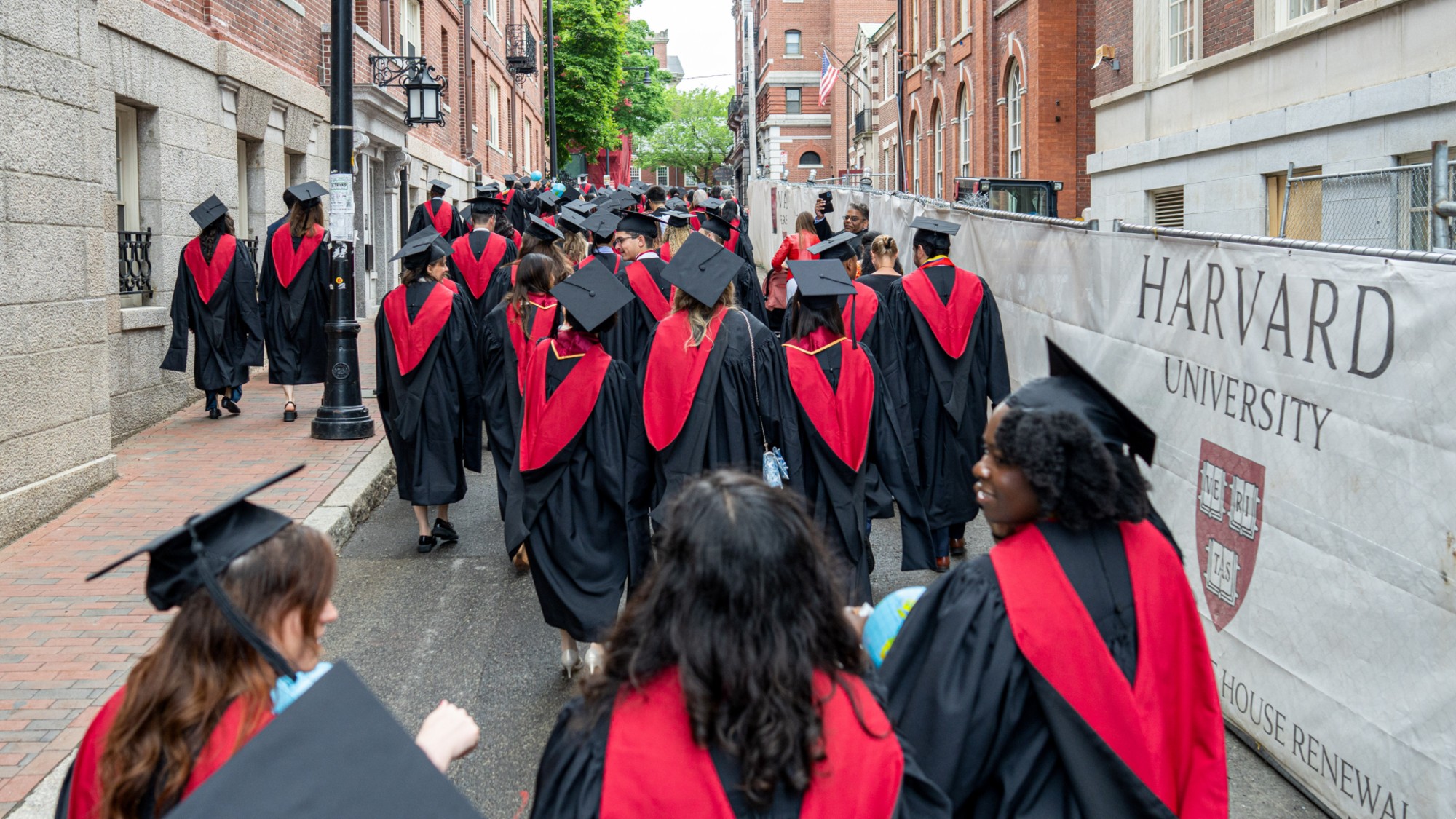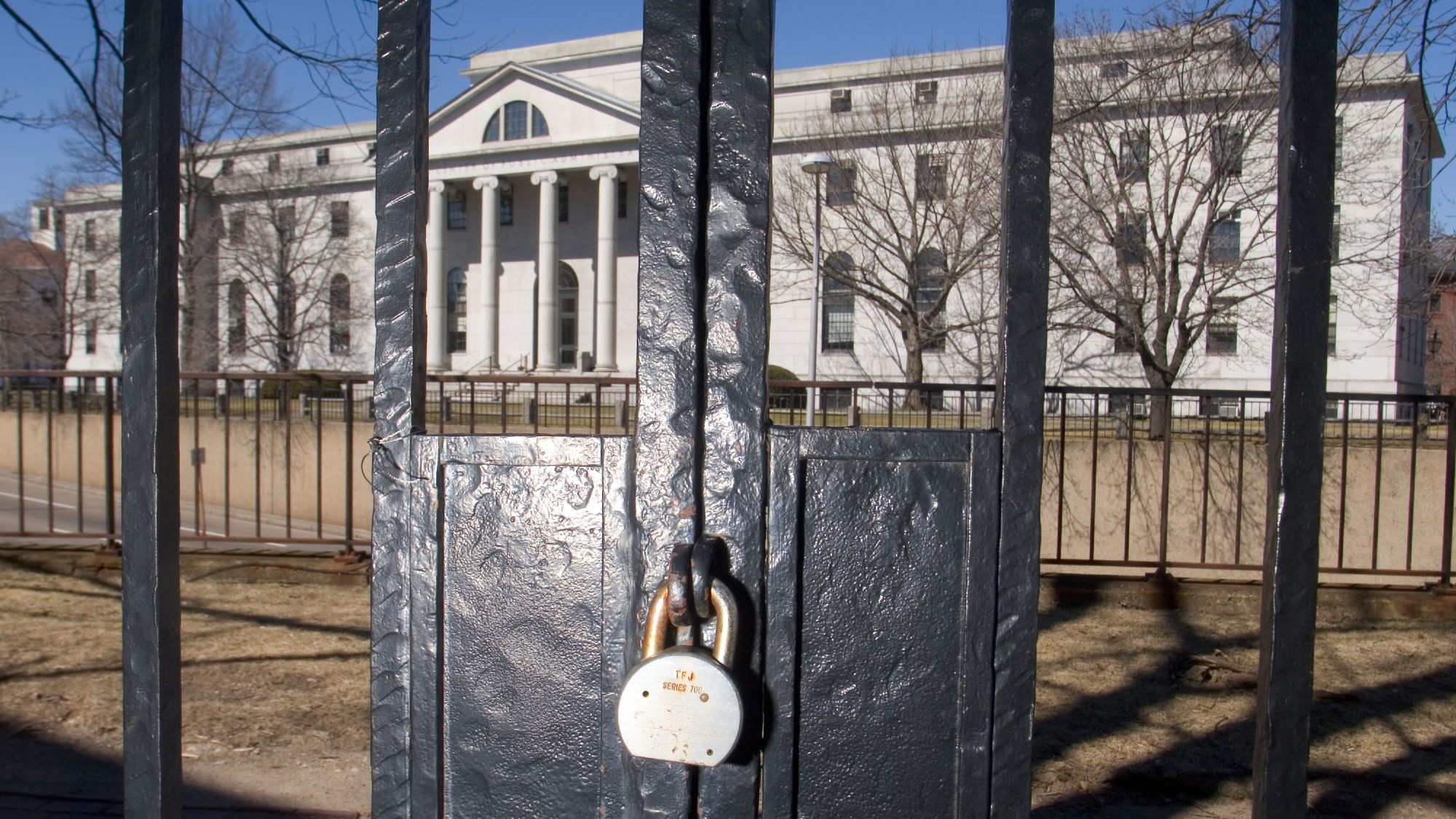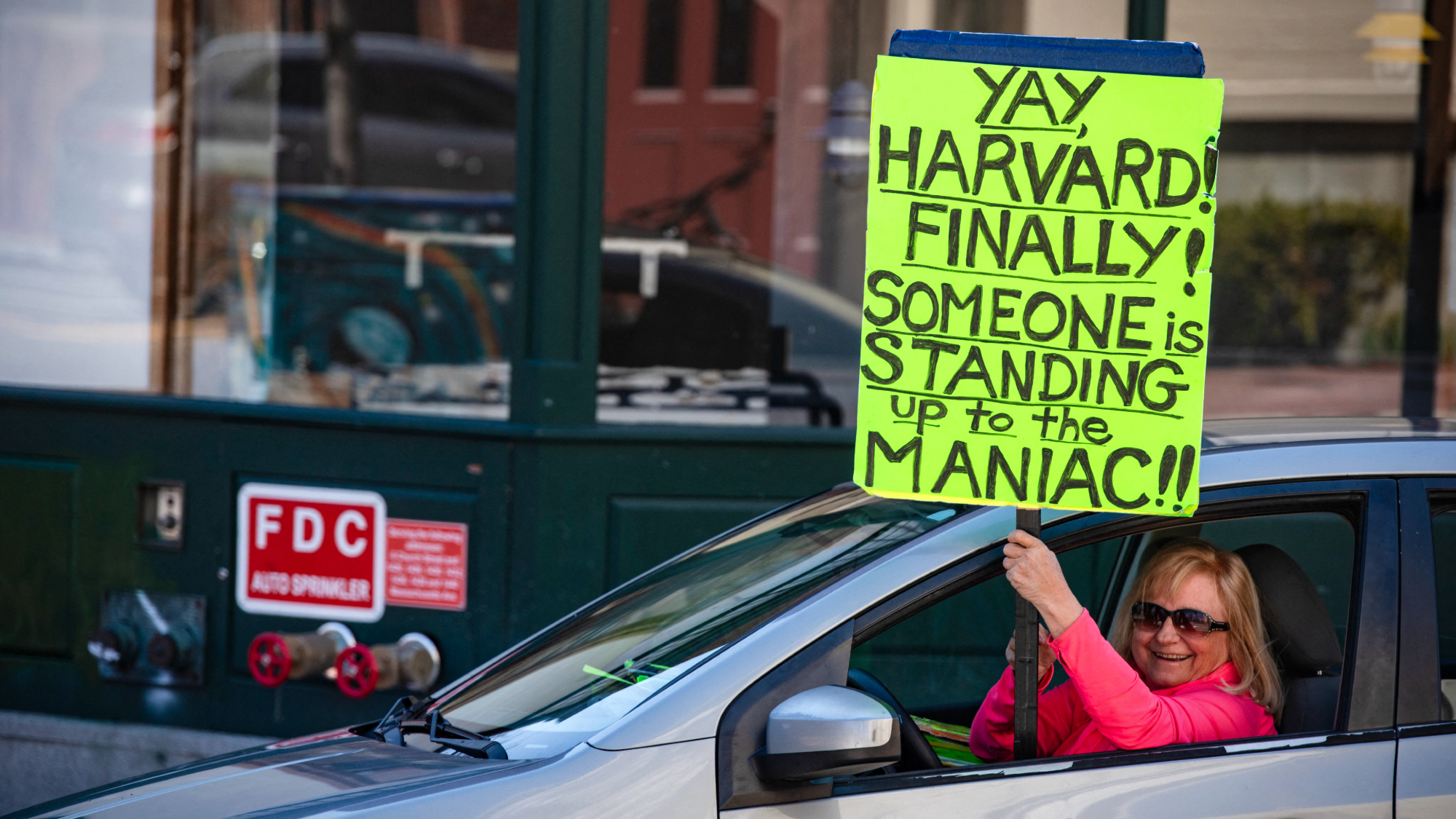What is the high potential individual visa scheme?
Top graduates from around the world will be able to live and work in the UK for up to three years

A free daily email with the biggest news stories of the day – and the best features from TheWeek.com
You are now subscribed
Your newsletter sign-up was successful
Graduates from the world’s best universities will be able to apply to come to the UK under a new visa scheme.
The opportunity will be available to the alumni of top non-UK universities who have graduated in the past five years, with graduates eligible for the visa “regardless of where they were born” and even if they do not hold a job offer, reported the BBC.
The Telegraph described the scheme as part of “a new post-Brexit immigration drive” designed to “attract skilled and talented workers from throughout the world” after EU nationals lost their automatic right to live, work and study in the UK when freedom of movement was scrapped.
The Week
Escape your echo chamber. Get the facts behind the news, plus analysis from multiple perspectives.

Sign up for The Week's Free Newsletters
From our morning news briefing to a weekly Good News Newsletter, get the best of The Week delivered directly to your inbox.
From our morning news briefing to a weekly Good News Newsletter, get the best of The Week delivered directly to your inbox.
But it will be seen in some circles as “part of an attempt by Boris Johnson to put partygate behind him” as he announces a blitz of policy initiatives to “show off the benefits of Brexit”.
Home Secretary Priti Patel said that the “exciting” new route was part of the government’s ambition to “put ability and talent first, not where someone comes from”.
Who will qualify?
Successful applicants to the scheme with a bachelor’s or master’s degree will be given a two-year work visa, while those with PhDs can apply for a three-year visa.
To qualify for the visa scheme a graduate must have attended a university that ranked in the top 50 of at least two of the Times Higher Education World University Rankings, the Quacquarelli Symonds World University Rankings or The Academic Ranking of World Universities, in the year in which they graduated.
A free daily email with the biggest news stories of the day – and the best features from TheWeek.com
In 2021, the list of eligible universities, published online by the government, included 20 US universities including world-famous institutions such as Harvard, Yale, MIT, Stanford and Johns Hopkins.
Seventeen other institutions qualified, such as the University of Hong Kong, the University of Melbourne and the Paris Sciences et Lettres University.
The visa will cost £715 plus the immigration health surcharge, “a fee which allows migrants to the UK to use the NHS”, explained the BBC. Graduates will also be able to bring their families if they have maintenance funds of at least £1,270.
They will also be required to undergo a security and criminality check and be proficient in English to at least the B1 intermediate level, defined as having the “fluency to communicate without effort with native speakers”.
The Telegraph reported that the scheme will be “uncapped”, so the number of graduates who come to the UK “will depend on demand”.
Who will miss out?
Some academics have criticised the government’s approach, and have “voiced their disappointment” that no South Asian, Latin American or African universities have been included on the list, said the BBC.
Christopher Trisos, director and senior researcher at the University of Cape Town, told the broadcaster that if the UK wanted to be properly equipped to deal with the “major challenges” of the future, including energy supplies and climate change, “then they need to be recognising and including diverse skills and in-depth knowledge held by many graduates from universities in developing countries”.
-
 What to know before filing your own taxes for the first time
What to know before filing your own taxes for the first timethe explainer Tackle this financial milestone with confidence
-
 The biggest box office flops of the 21st century
The biggest box office flops of the 21st centuryin depth Unnecessary remakes and turgid, expensive CGI-fests highlight this list of these most notorious box-office losers
-
 What are the best investments for beginners?
What are the best investments for beginners?The Explainer Stocks and ETFs and bonds, oh my
-
 American universities are losing ground to their foreign counterparts
American universities are losing ground to their foreign counterpartsThe Explainer While Harvard is still near the top, other colleges have slipped
-
 Oklahoma fires instructor over gender essay grade
Oklahoma fires instructor over gender essay gradeSpeed Read
-
 Education: More Americans say college isn’t worth it
Education: More Americans say college isn’t worth itfeature College is costly and job prospects are vanishing
-
 Penn wipes trans swimmer records in deal with Trump
Penn wipes trans swimmer records in deal with Trumpspeed read The University of Pennsylvania will bar transgender students from its women's sports teams and retroactively strip a trans female swimmer of her titles
-
 Where will international students go if not the US?
Where will international students go if not the US?Talking Points China, Canada and the UK are ready to educate the world
-
 Colleges are canceling affinity graduations amid DEI attacks but students are pressing on
Colleges are canceling affinity graduations amid DEI attacks but students are pressing onIn the Spotlight The commencement at Harvard University was in the news, but other colleges are also taking action
-
 Can Trump ban overseas students from US universities?
Can Trump ban overseas students from US universities?Today's Big Question President's decision to revoke Harvard's access to database for admitting international students 'drastically escalates' the dispute
-
 Harvard sues Trump over frozen grant money
Harvard sues Trump over frozen grant moneySpeed Read The Trump administration withheld $2.2 billion in federal grants and contracts after Harvard rejected its demands